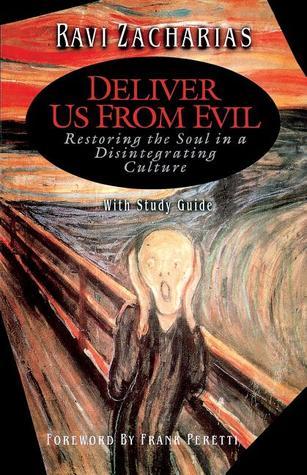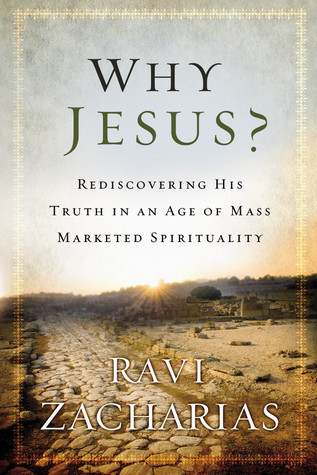
Deliver Us From Evil: Restoring the Soul in a Disintegrating Culture with Study Guide
Book Description
In a world unraveling at the seams, the battle for the soul of society rages on. Ravi Zacharias confronts the dark forces threatening our collective conscience, unveiling a path to restoration through profound insights and timeless truths. As culture crumbles under moral decay, the call to reclaim hope and purpose becomes more urgent than ever. Each chapter serves as a rallying cry, illuminating strategies to confront despair with resilience and faith. Can a disintegrating world find unity and meaning once again, or is humanity doomed to chaos? The answer lies within these pages—are you ready to embark on that journey?
Quick Book Summary
In "Deliver Us From Evil: Restoring the Soul in a Disintegrating Culture," Ravi Zacharias examines the deep moral and spiritual crisis afflicting modern society. He argues that the erosion of foundational values has led to a void of meaning, rampant despair, and cultural disintegration. Zacharias explores how secular ideologies have failed to address humanity's longing for purpose, highlighting the necessity of transcendent truth and faith to restore individuals and communities. Drawing on philosophical, theological, and cultural analysis, he offers practical guidance for reclaiming hope, cultivating resilience, and rekindling a sense of moral direction. Ultimately, Zacharias calls readers to steward their influence and participate in renewing the collective soul by anchoring themselves in enduring truths and faith.
Summary of Key Ideas
Table of Contents
Confronting Moral and Spiritual Decay
Zacharias opens by diagnosing the crisis at the heart of contemporary culture, identifying a widespread sense of meaninglessness, anxiety, and disunity. He contends that the disintegration of shared moral and spiritual foundations has left society vulnerable to ideologies that promise freedom but deliver confusion and despair. As historical anchors are swept away, individuals struggle with aimlessness and the broader community experiences growing fragmentation, violence, and loss of trust.
The Necessity of Transcendent Truth
He traces the roots of this malaise to the abandonment of transcendent values and the rise of relativism. Zacharias critically evaluates secular worldviews, noting their inability to provide lasting answers to humanity's deepest questions. He argues that without acknowledging absolute truths—rooted in the character of God and revealed through faith—society cannot cultivate genuine justice, compassion, or unity. The rejection of objective moral standards, he claims, leads to personal and societal chaos.
Rediscovering Hope and Meaning
Throughout the book, Zacharias encourages readers to rediscover purpose by returning to these foundational truths. He demonstrates how faith can anchor individuals in times of crisis and offer hope that outlasts cultural trends. By engaging with the teachings of Christ and the wisdom of scripture, people can find healing for their personal wounds and contribute to the restoration of their communities. This hope is not naive optimism, but a resilient commitment to truth and redemption.
Personal and Societal Responsibility
Recognizing that lasting change requires both personal transformation and societal engagement, Zacharias urges readers to take responsibility for their own character and influence. He calls Christians to exemplify integrity, empathy, and courage in the face of mounting challenges. By modeling principled living and fostering healthy dialogue, individuals can serve as catalysts for healing and renewal in a fractured world.
Restoring Moral Foundations Through Faith
In his concluding reflections, Zacharias emphasizes that the restoration of culture begins with the renewal of the soul. The study guide accompanying the book equips readers to apply these insights, prompting critical reflection and practical action. By anchoring their lives in faith and championing timeless virtues, Zacharias believes people can resist the tide of moral decay and help rebuild a society rooted in hope, meaning, and truth.
Download This Summary
Get a free PDF of this summary instantly — no email required.





